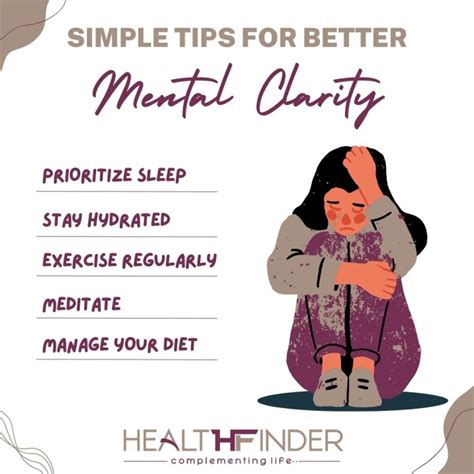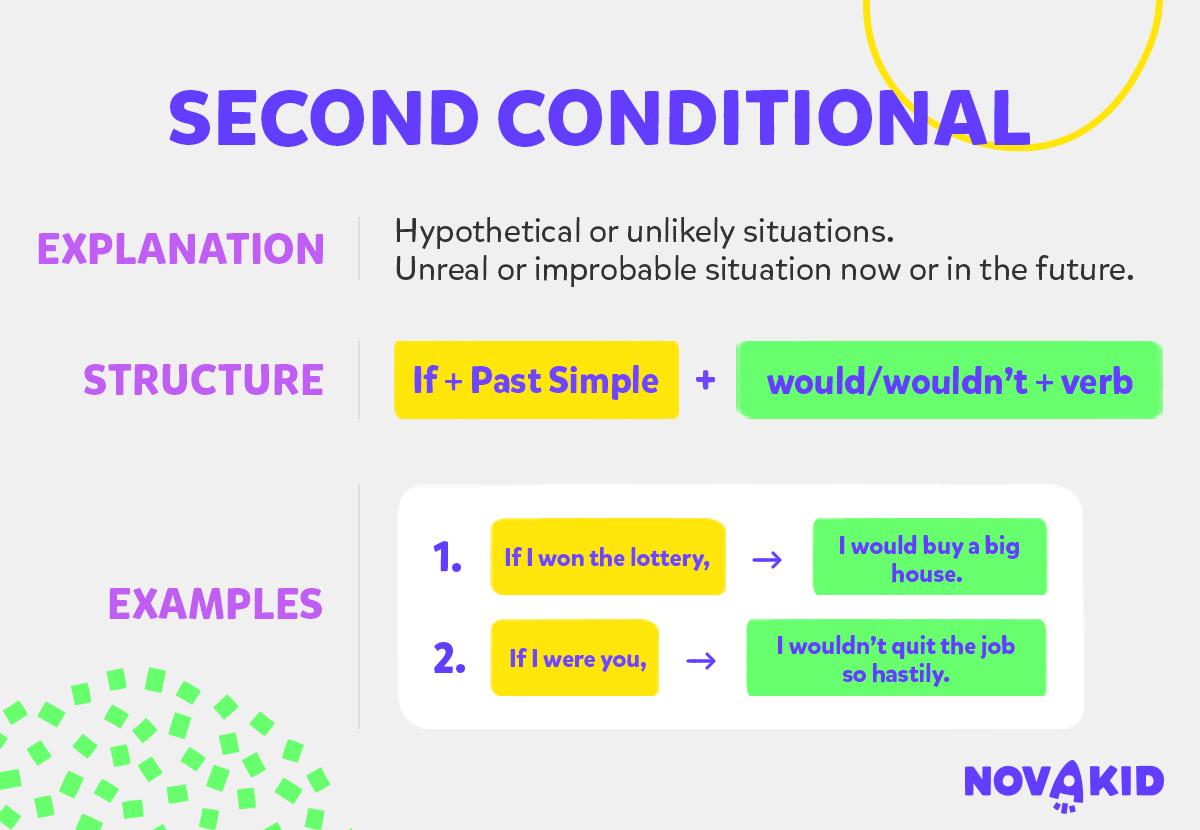Mental clarity is the foundation upon which we build our daily lives, influencing everything from our productivity and decision-making abilities to our emotional well-being and relationships. Achieving and maintaining mental clarity, however, can be a challenge in today’s fast-paced, information-overloaded world. Here are 12 brain check tips designed to help you achieve the mental clarity you need to live your best life.
1. Mindfulness Meditation
Mindfulness meditation is a powerful tool for achieving mental clarity. By focusing on the present moment,without judgment, you can reduce mind-wandering and increase your ability to concentrate. Even a few minutes of mindfulness meditation each day can have a significant impact on mental clarity. Start with guided meditations to help you get into the habit, and gradually move towards independent practice as you become more comfortable with the technique.
2. Physical Exercise
Regular physical exercise is not only beneficial for your body but also has a profound impact on your brain. Exercise increases blood flow to the brain, boosting cognitive function and promoting mental clarity. It also helps reduce stress and anxiety, which are common barriers to clear thinking. Aim for at least 30 minutes of moderate-intensity exercise per day, and consider incorporating activities that challenge your mind as well, such as dance or martial arts.
3. Sleep Hygiene
Sleep is crucial for brain function and mental clarity. During sleep, your brain gets to clear out toxins, consolidate memories, and process the events of the day. Poor sleep hygiene can lead to foggy thinking, difficulty concentrating, and a host of other cognitive impairments. Establish a bedtime routine to signal to your brain that it’s time to sleep, avoid screens for at least an hour before bedtime, and create a sleep-conducive environment that is dark, quiet, and cool.
4. Nutrition and Hydration
What you eat and drink has a direct impact on your brain function. Focus on consuming a balanced diet rich in fruits, vegetables, whole grains, and lean proteins. These foods provide the nutrients your brain needs to operate at its best. Also, stay well-hydrated, as even mild dehydration can impair cognitive function and decrease mental clarity. Consider incorporating foods known for their brain-boosting properties, such as fatty fish, nuts, and berries.
5. Declutter Your Environment
Your physical environment can significantly influence your mental state. Cluttered spaces can lead to cluttered minds, making it difficult to focus and think clearly. Take time to declutter your living and working spaces, and establish systems for keeping them organized. This simple act can significantly improve your mental clarity and reduce stress.
6. Set Clear Goals
Having clear, achievable goals can help direct your focus and provide a sense of purpose, both of which are essential for mental clarity. Start by setting broad, long-term goals, and then break these down into smaller, manageable tasks. This will help you stay focused on what’s important and avoid feeling overwhelmed by non-essential tasks.
7. Limit Social Media and Technology Use
While technology and social media have many benefits, excessive use can lead to mental fatigue and decreased mental clarity. Set boundaries for your technology use, such as not using your phone during meals or an hour before bedtime. Also, consider implementing a daily “digital detox” where you avoid screens for a set period.
8. Practice Gratitude
Focusing on what you’re grateful for can help shift your mindset and improve mental clarity. By acknowledging and appreciating the good things in your life, you can reduce stress and anxiety, and improve your overall well-being. Keep a gratitude journal where you write down three things you’re thankful for each day before bed.
9. Engage in Mentally Stimulating Activities
Challenging your brain with new, mentally stimulating activities can help improve cognitive function and promote mental clarity. This could be anything from learning a new language, taking up a musical instrument, or solving puzzles. The key is to find activities that are enjoyable and challenging, as this will help keep your mind engaged and active.
10. Prioritize Self-Care
Self-care is essential for maintaining mental clarity. This includes not just physical care but also emotional and psychological care. Make time for activities that bring you joy and help you relax, such as reading, spending time in nature, or practicing yoga. Remember, taking care of yourself is not selfish; it’s necessary for living a healthy, productive life.
11. Seek Social Support
Having a strong support network of friends, family, and peers can provide emotional support and help you stay grounded, contributing to better mental clarity. Don’t be afraid to reach out when you need help or just someone to talk to. Building and maintaining these relationships can provide a sense of belonging and purpose.
12. Regular Mental Health Checks
Lastly, just as you would schedule regular health check-ups, it’s important to check in with your mental health. This could involve journaling, self-reflection, or even seeking professional help when needed. Recognizing the signs of mental fatigue or decreased clarity early on can help you address these issues before they become more serious problems.
Conclusion
Achieving mental clarity is a journey that requires effort, patience, and dedication. By incorporating these 12 brain check tips into your daily life, you can improve your focus, reduce mental fog, and enhance your overall well-being. Remember, mental clarity is not a static state but a dynamic process that evolves with time and practice. Stay committed, and you’ll find that the benefits of mental clarity extend far beyond improved cognitive function, influencing every aspect of your life.
FAQ Section
What are the first signs of decreased mental clarity?
+The first signs of decreased mental clarity can include difficulty concentrating, memory lapses, feeling mentally fatigued, and a lack of motivation. These symptoms can be subtle at first but can significantly impact daily life if not addressed.
How long does it take to notice improvements in mental clarity?
+The time it takes to notice improvements in mental clarity can vary depending on the individual and the strategies they’re using. Some people may start to feel improvements within a week or two of consistent practice, while for others, it might take a few months. Consistency and patience are key.
Can mental clarity be improved at any age?
+Yes, mental clarity can be improved at any age. The brain has a remarkable ability to adapt and change, a concept known as neuroplasticity, which allows it to reorganize itself in response to new experiences and learning. This means that regardless of your age, you can take steps to improve your mental clarity and cognitive function.



